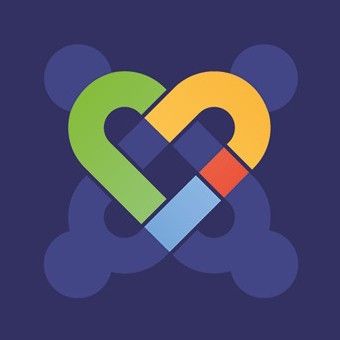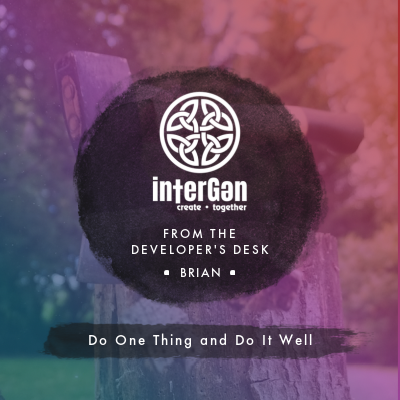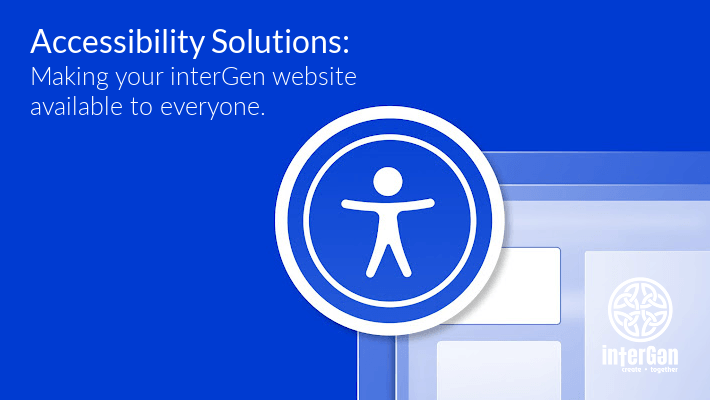
How we create • together at interGen
From social media to measuring performance to simply managing your website, there are a lot of details to cover. InterGen operates on the idea that your website, your social media, and your data are yours. Our job is to make sure that you are getting the most out of your digital resources in the easiest, most convenient way possible. Helping people, businesses, organizations, and communities move forward together is an exciting endeavor that fuels us. Beyond just programming your website, our passion can move your business forward.

- Details
- By: interGen Team
- Category: Blog
Open source isn’t just about code. It’s about community.
This month, InterGen’s president, Brian Mitchell, was featured in the Joomla Community Magazine for his work as a mentor in the first-ever Joomla Academy program.
The project’s focus? Building a better way for developers to migrate sites from WordPress to Joomla – while also developing leadership, teamwork, and mentorship across the global Joomla community.
In his article, Brian reflects on the experience, the lessons learned, and the power of collaboration in open source software.

- Details
- By: Brian Mitchell
- Category: Blog
This article is part of a two-part series written as an encouragement for the upcoming discussion about the very bright future of the Joomla project. InterGen cares deeply, as Joomla has been our development platform of choice since the company was founded in 2006. In addition to running InterGen, in 2013 I began actively volunteering for the Joomla project—first as a team member, then as a team lead. I served on the Open Source Matters Board of Directors as Treasurer and later President from 2019–2021, overseeing all legal and financial concerns of the project. I am currently greatly enjoying mentoring for the inaugural session of the Joomla Academy.

- Details
- By: Brian Mitchell
- Category: Blog
This article is part of a two-part series written as an encouragement for the upcoming discussion about the very bright future of the Joomla project. Be sure to check out part 1 first!
Much of what I share below is born of many conversations with passionate Joomlers. I tend to remember great ideas well and often forget from where they came. If you hear your ideas or voice below, thank you for sharing your creativity and part of your Joomla story with me.

- Details
- By: Brian Mitchell
- Category: Blog
How coding has taught me about the importance of focus
Working with code has taught me a surprising amount about running a business, especially when it comes to building systems that actually hold up over time.
Sometimes code gets built in different ways.
There is a UNIX programming philosophy that says a script should do one thing and do it well. If you need more sophisticated functionality you connect scripts together to achieve the entire goal. This keeps code modular and easier to maintain.
Joomla, for example, follows this philosophy beautifully. Its modular structure makes it easy to add just what you need—and just as easy to leave out what you don’t. That’s a big reason we love it so much: it scales with you, without unnecessary clutter.

- Details
- By: Brian Mitchell
- Category: Blog
Ever wondered how to handle those generic but crucial email addresses like
At intergen, we believe in a simple philosophy: every team member who needs to interact with email gets their own named account, like
Let's break down your options in the simplest terms possible.

- Details
- By: Brian Mitchell
- Category: Blog
For years we have been telling clients that search engine optimization (SEO) it's not the "dark arts." It is too often treated as magical pixie dust that you sprinkle on a website after it launches. It is a subject wrapped in jargon and mystery that helps the "experts" sound more "expert."
In truth, SEO is about creating great content that is relevant to your organization and its target market. The content answers real questions, solves real problems, and real human beings want to read it. In addition, an organization can encourage others to link to that content on their website. At the end of the day, that's it.
There are a collection of tools and best practices to make sure that the content on your website is set up to be as easy as possible for search engines to find and index. Tools like Google Analytics and Google Search Console are really more about providing visibility into what's happening with the content and health on your website rather than actually generating traffic.
A good number of interGen clients are interested in taking things a few steps further.
For these clients we employ a tool called AHREFS. The company is named for the HTML code used to create hyperlinks (e.g. <a href="https://intergen.org" target="_blank">My link to a great web developer</a>). Among many other things, they provide tools that show the "health" of a website, assessing things like how many dead links you have (404's), backlinks, page speed, etc. Pages with errors won't rank at Google.
That is why cleaning up site health issues is often the first step in getting serious about using SEO to drive traffic to your site. If you are interested in deploying these tools to your site, let us know.

- Details
- By: Kristin Bird
- Category: Blog
Why it matters to you: 20% of people globally have disabilities that can make browsing the web difficult. Making your site accessible isn’t just ethical—it helps you reach more people, avoid ADA compliance issues, and improve your SEO.
How It Works
- We assess your site with tools like a WAVE check to identify needs.
- Install the UserWay widget for immediate improvements.
- Get ongoing support from InterGen to keep it optimized
Contact us today for a free demo and see how interGen's partnership with UserWay can take your website to the next level!

- Details
- By: Brian Mitchell
- Category: Blog
In the realm of email communication, ensuring that legitimate messages reach their intended inboxes is an ongoing battle. Email providers, businesses, and anti-spam organizations employ a variety of measures to combat spam and malicious activity. Among these measures are DNS-based Blacklists (DNSBLs), which flag IP addresses suspected of sending unsolicited bulk email (spam).
Two such blacklists are UCEPROTECTL2 and UCEPROTECTL3, managed by UCEPROTECT Network. If your IP address or network has been listed, understanding what these lists are and how to remove yourself from them is key to restoring normal email delivery.
What Are UCEPROTECTL2 and UCEPROTECTL3?

- Details
- By: Brian Mitchell
- Category: Blog
Core Web Vitals (CWV) is a set of metrics designed by Google to measure essential aspects of web page performance. Better performing pages provide a better overall user experience and encourage higher rankings for websites in search engine results. You can test any web page using this free tool at https://pagespeed.web.dev/
I was asked recently to review a site for one of our clients. I was struck that some of the information provided by CWV was directly actionable (e.g. reduce third-party javascript) whereas some items seemed more informational ( e.g. Largest Contentful Paint element). The informational items give you something to improve but do not necessarily tell you what is holding up the LCP from loading quickly. I asked for a little help from AI in exploring this concept. Much of what is below is the result of that inquiry.

- Details
- By: Kristin Bird
- Category: interGen Website Standard Performance Tools
A custom 404 page turns a dead end into an opportunity, keeping visitors on your site, supporting your brand, and even boosting your SEO.
Why Bother with a Custom 404 Page?
Custom 404 pages are a small touch with a big impact. One client of ours even saw visitors stay longer and a slight bump in conversions after adding one. interGen adds a generic custom 404 page to each of our new clients sites that sends people to the main site navigation and/or search tool if they hit a broken link. If you have some extra touches you'd like us to include on your 404 page to showcase your brand, we're happy to add that as well!
